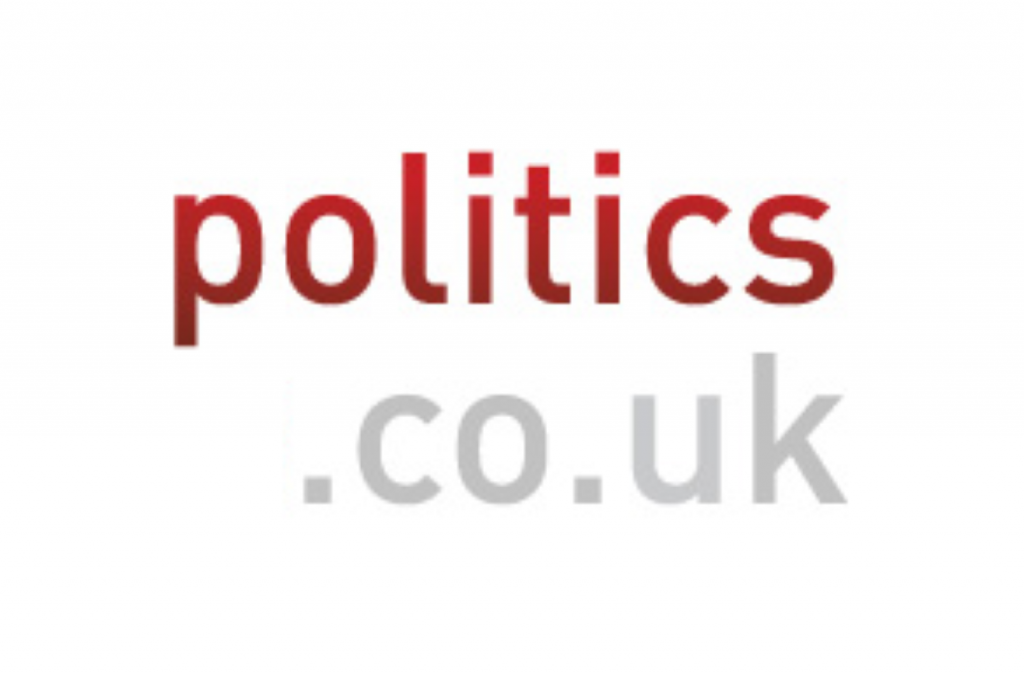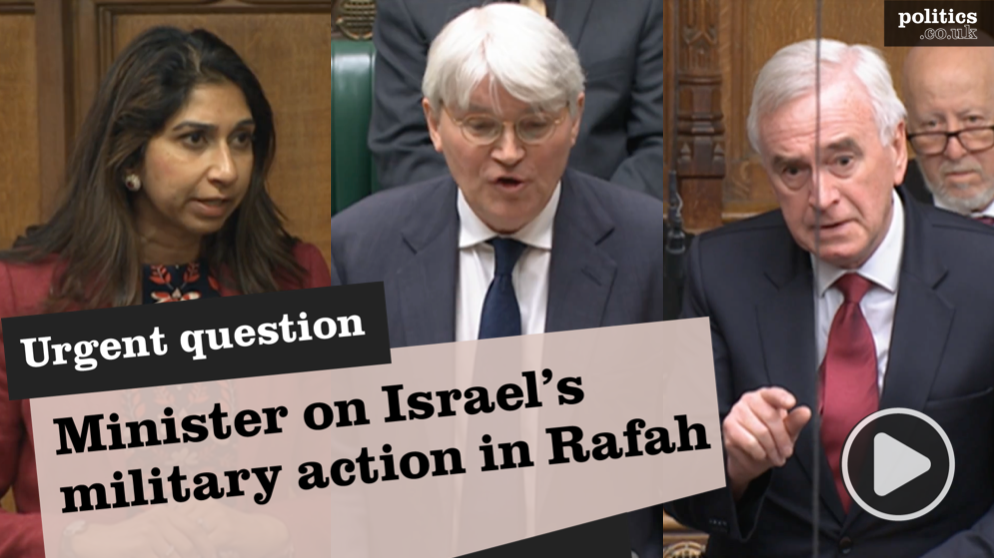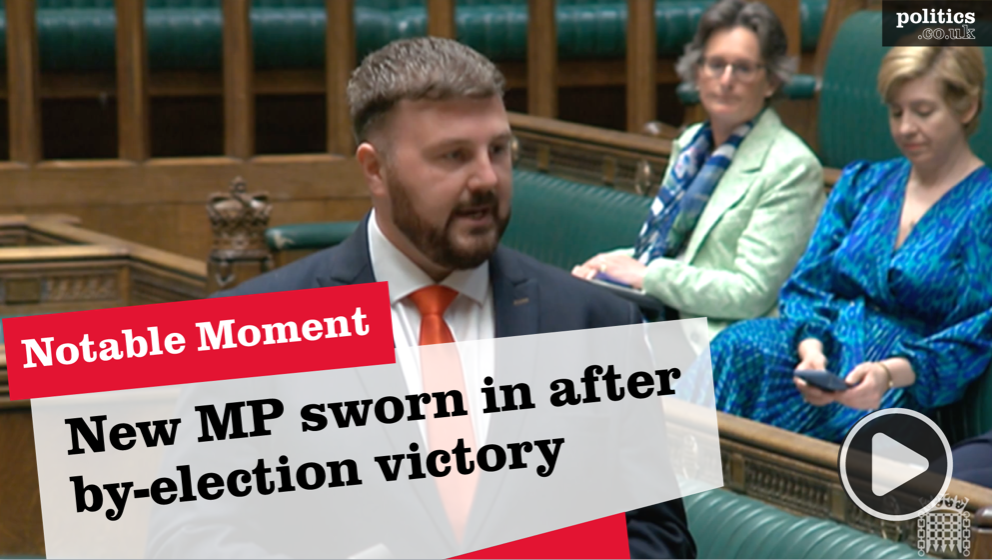Blair may give councils power to ban smoking
The Prime Minister has said that he is considering whether to give local councils the authority to ban public smoking.
Commenting on the possibility of a public smoking ban in the United Kingdom, Tony Blair said: “There’s no doubt about the damage that smoking does and also I think for a lot of people who aren’t smokers they would prefer to be in an environment where there’s not smoking taking place”.
“You have got to have some balanced decision making in this, and it’s a difficult balance” he told the BBC.
Suggesting that local authorities may be given new powers, Mr Blair said: “In the end, though, you have also got to have some local decision-making in this”.


Anti smoking group ASH gave Mr Blair’s comments its backing.
Its director, Deborah Arnott, said: “We warmly welcome the Prime Minister’s backing for action on secondhand smoke.
“It’s a major health and safety hazard – secondhand smoke in the workplace causes about 700 premature deaths every year. And we know that ending smoking in workplaces and enclosed public places is the single simplest and most effective thing the Government could do to encourage more smokers to quit.
“We would like to see an end to workplace smoking across the country. But new powers for local councils to act in their own areas would be an important and very welcome step in the right direction.”
Ms Arnott called for a “clear proposal for legislation” to follow Mr Blair’s comments.
If Mr Blair’s comments do crystallise into legislation then London would be one of the most likely places for a ban.
Smoke has become an issue in the London mayoral campaigns with both Ken Livingstone and Steve Norris saying that they would consider introducing a public smoking ban.
Mr Livingstone’s comments followed a poll by the London Health Commission in May which suggested that 75 per cent of Londoners would back some form of smoking restriction.
Mr Norris said that although he would not push for a ban, he would introduce one if it was the public will. He noted that the success of the bans in New York and Ireland show what can be done.











